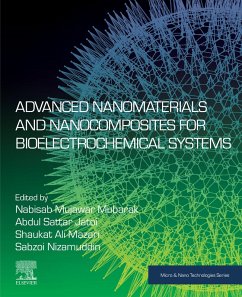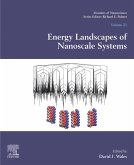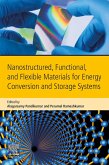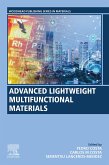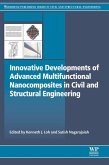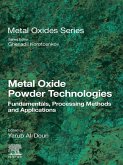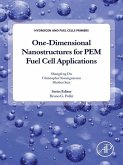By incorporating nano-scale fillers into the nanocomposite matrix, the performance of the anode material can be improved. This is an important reference source for materials scientists and engineers who want to learn more about how nanotechnology is being used to create more efficient fuel cells.
- Describes the major nanomaterials and nanocomposites used in microbial fuel cells
- Explains how microbial fuel cells are being used in renewable energy applications
- Assesses the challenges of manufacturing nanomaterials for microbial fuel cells on an industrial scale
Dieser Download kann aus rechtlichen Gründen nur mit Rechnungsadresse in A, B, BG, CY, CZ, D, DK, EW, E, FIN, F, GR, HR, H, IRL, I, LT, L, LR, M, NL, PL, P, R, S, SLO, SK ausgeliefert werden.

